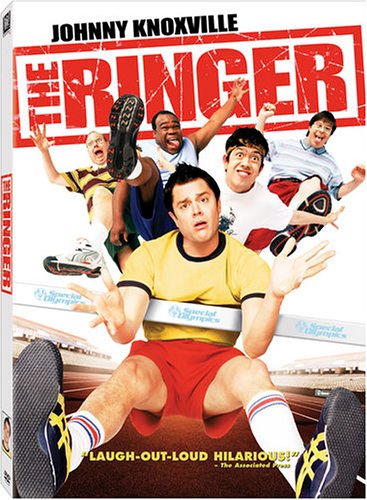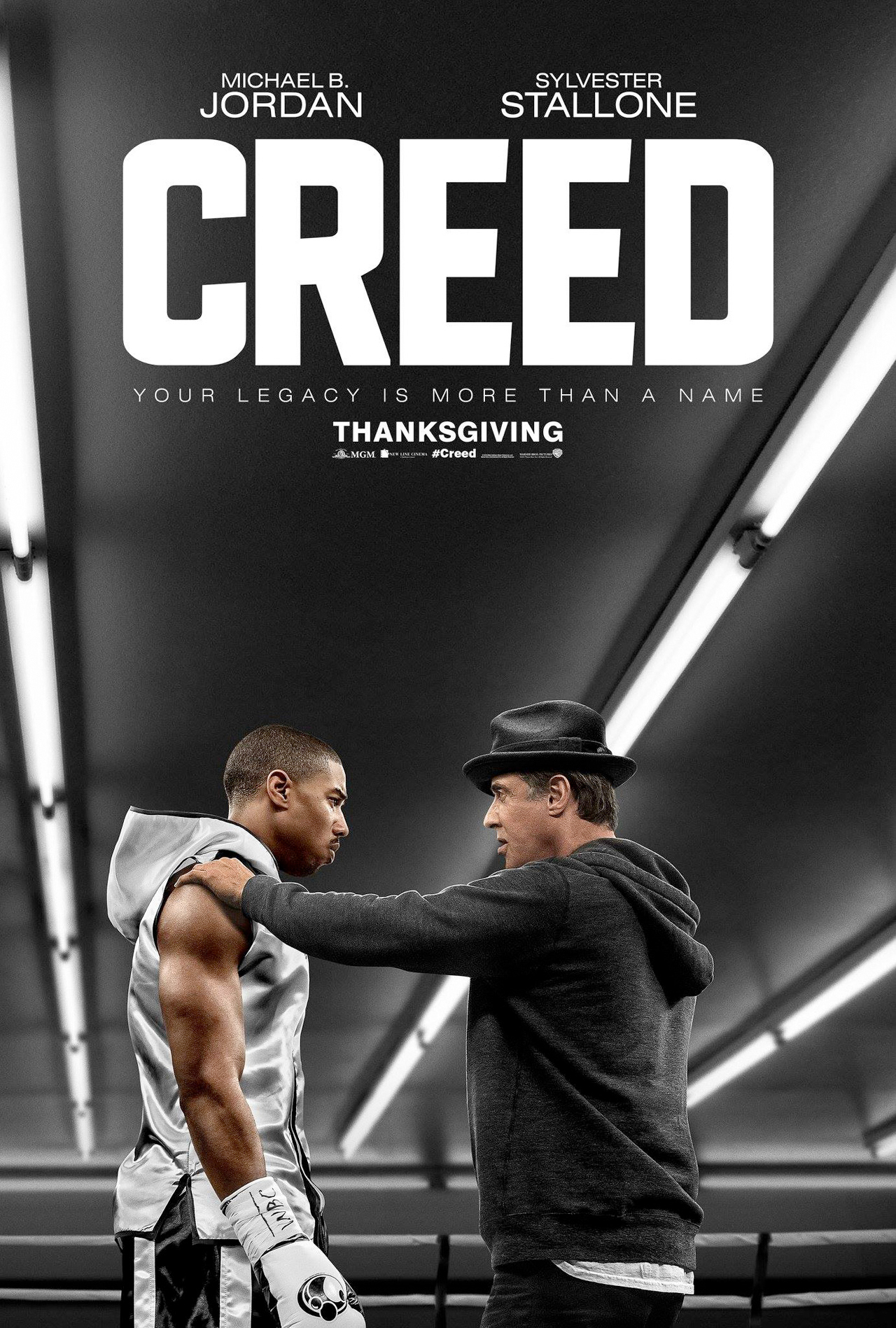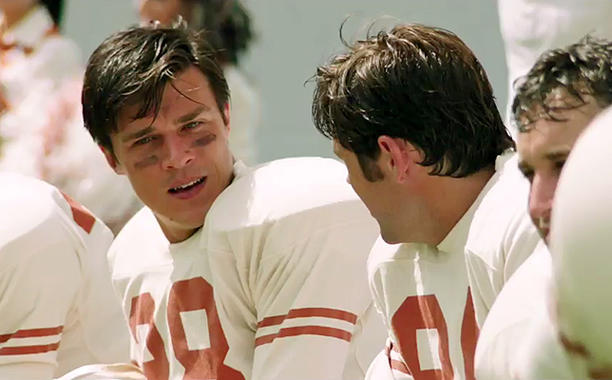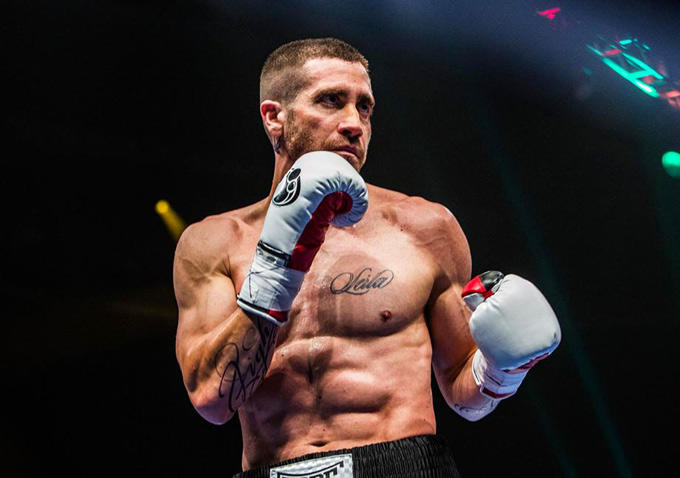The Ringer
Posted on December 20, 2015 at 3:49 pm
B-| Lowest Recommended Age: | Middle School |
| MPAA Rating: | Rated PG-13 for crude and sexual humor, language and some drug references. |
| Profanity: | Some crude language |
| Alcohol/ Drugs: | Scenes in bar, character chews a cigar |
| Violence/ Scariness: | Comic peril and violence, serious injury played for humor |
| Diversity Issues: | A theme of the movie |
| Date Released to Theaters: | December 23, 2015 |
| Date Released to DVD: | March 23, 2016 |
The single most interesting aspect of The Ringer, a movie about a man who pretends to be disabled so that he can compete in the Special Olympics, is that the movie was made in cooperation with and with the endorsement of the Special Olympics organization, and 150 Special Olympics athletes appear in the film.
Unfortunately, the story of how the movie got made is much more interesting than the formulaic story of the movie itself. Steve (Johnny Knoxville), a nice non-disabled guy who needs money to help someone get an operation pretends to be “high-functioning developmentally disabled” to compete in the Special Olympics. He assumes that as a former high school track athlete, he will have no trouble winning, so that his gambler uncle (Brian Cox) can win a huge bet, paying off his own gambling debts and getting the money for an operation. Of course Steve (1) learns that he is the one with the more serious disability, and (2) meets a very pretty volunteer at the Special Olympics (Katherine Heigl as Lynn). You know the rest.
The one thing that is not formula in this movie is its portrayal of the developmentally disabled athletes as loyal, dedicated, smarter than most people think, and very funny. While the non-disabled people in the movie are often clueless, inept, or corrupt, the Special Olympians are on to Steve almost immediately, and they don’t just out-smart him; they out-nice him, too. They become the first real friends he has ever had.
This aspect of the movie provides some fresh and funny moments, but too much of the film is taken up with sub-par “jokes” like Steve’s uncle registering him for the competition under the name of a notorious serial killer and a man having three of his fingers cut off in a lawnmower. The developmentally disabled cast members show considerable charm, especially Edward Barbanell as Steve’s roommate, Billy. Barbanell contributed the movie’s funniest line and delivers it with exquisite comic timing. But a lackluster script and charm-free performances by Knoxville and Cox don’t do justice to the Special Olympians in the story or in the cast. Furthermore, despite its best intentions, the use of non-disabled actors to play disabled characters in many of the key roles gives the film an air of condescension that is never fully overcome. I’m glad the Special Olympians have been recognized in a mainstream Hollywood movie; I just wish it was the movie they deserved.
Parents should know that the movie has some crude language and crude humor, including getting hit in the crotch. Characters drink (scenes in a bar) and smoke (Steve’s uncle is constantly chewing on a cigar).
Families who see this movie should talk about friends and family members with disabilties and how to prevent prejudice against them.
Families who enjoy this movie will also enjoy an old movie called Miss Tatlock’s Millions, in which a man pretends to be a long-lost heir who is developmentally disabled so that he can get the money. They will also enjoy Stuck on You (some mature material), directed by the Farrelly brothers, who produced this film. They cast disabled performers in all of their movies and the credit sequence in Stuck on You has a lovely speech by one of them about how much the experience meant to him. A scholarly article from Disability Studies Quarterly explores the portrayal of disabled people in the Farrellys’ movies.
Families who see this movie should talk about what Steve learned from his experience and why.
Families who want to learn more about how this movie was made can learn about what it takes to be a Special Olympian. I recommend this report from the magazine of the Special Olympics organization and this statement from the heads of the organization about what they hoped the film would accomplish:
“Laughing at a person and laughing with a person are very different forms of humor, and it is our belief that this comedy will give audiences the chance to laugh with Special Olympics athletes while appreciating their joy and wisdom. Equally importantly, we believe that the stigmas presented in the early scenes of the movie will be seen as folly by the end of The Ringer. Many of us know all too well how hurtful insensitive words can be. Special Olympics hopes people seeing the movie will be inspired to reach out to people with intellectual disabilities and say, to quote Special Olympics athlete Troy Daniels, ‘Come sit by me’ – a simple gesture that reflects a world of acceptance and mutual respect.”
The Special Olympics, founded by Eunice Shriver, the sister of President John F. Kennedy, now serves more than 1.7 million developmentally disabled athletes in more than 200 programs in more than 150 countries.







